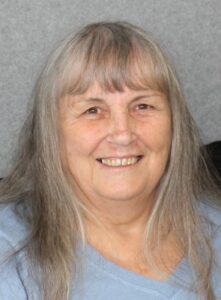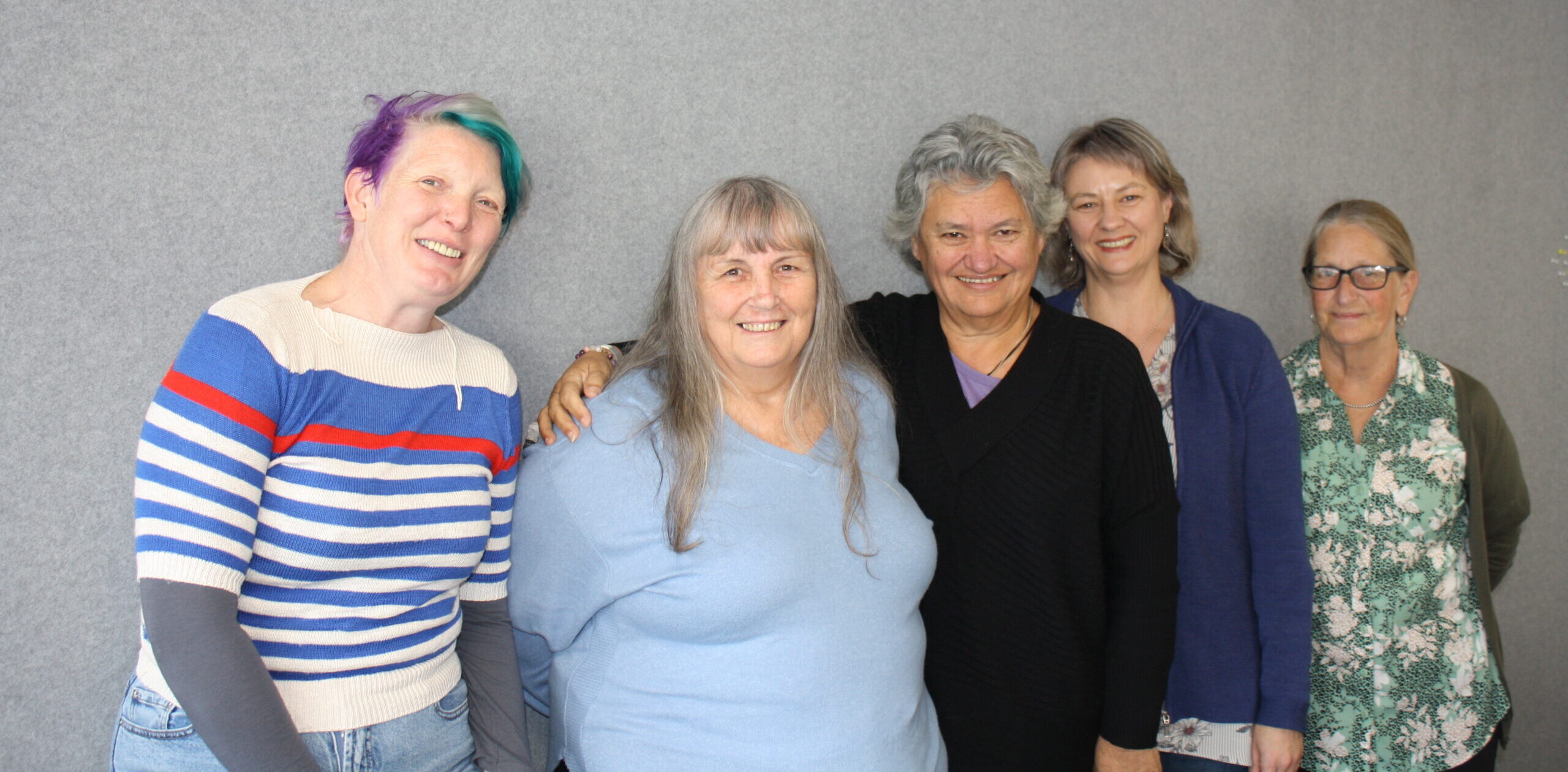Minister for Mental Health Matt Doocey in March announced a new one-year post-graduate diploma would launch in 2026 for 20 psychology graduates which would qualify them as psychology assistants/associates in 2026, with another 20 planned for 2027.
What are associate/assistant psychologists?
The “clinical associate in applied psychology” (CAAP) role was first developed in Scotland in 2006 to increase access to psychological support for children, young people and adults in primary health care experiencing a specific range of mental health challenges.
Other parts of the United Kingdom later introduced a clinical associate in psychology (CAP) role in 2020, to work in hospitals, communities and secure mental health facilities.
Both require at least 18-months post-graduate training, and can work only in specific areas and under the supervision of a clinical psychologist.
Sources: Ministry of Health/Manatū Hauora ministerial briefing on the associate psychologist role, April 2024; the British Psychological Society.
With supervision from clinical psychologists, they could then fill gaps in the mental health and addiction workforce, particularly in rural and hard-to-reach communities, he claimed.
But, after a psychologist backlash, the New Zealand Psychologists Board, Te Poari Kaimātai Hinengaro o Aotearoa, said in July it did not have sufficient information to approve a new scope of practice for assistant/associate psychologists “at this point”.
‘So I don’t think there’s anybody but Matt Doocey who’s wildly keen.’
Chief executive Vanessa Simpson said in a statement more time, information and analysis was needed — however, the board “retains an open mind” about the proposed new scope.
NZNO mental health nurses section chair Helen Garrick said the newly-created role was simply a distraction from an acute shortage of mental health nurses and clinical psychologists.

“What they would be better doing is enhancing the workforce in clinical psychology and mental health nursing — the existing workforce — not creating a whole new discipline.”
The role — which originated in Scotland 20 years ago to fill gaps in youth mental health services — appeared to blend parts of mental health nursing with parts of clinical psychology, Garrick said.
But few mental health professionals seemed keen on it, she said.
“For the psychologists, the problem is they want clinical psychologists not, for want of a better word, half-assed psychologists,” said Garrick.
“So I don’t think there’s anybody but Matt Doocey who’s wildly keen,” Garrick said.
The New Zealand College of Clinical Psychologists has said the proposed new role would be “ineffective and unsafe” in its current form. At least 18 months of post-graduate training and a less confusing title was needed, it said in a submission to the board.

In March, more than 200 psychologists also signed a letter written by clinical psychologist Laura Barkwill to Doocey warning the new role could harm patients and “dumb down” the profession, RNZ has reported.
Barkwill and others have also launched a petition against the move they say is a dangerous “shortcut” to a psychologist title. So far nearly 1900 people have signed.
“If you have funding available to produce another workforce, can we siphon it off and use it for the existing workforce?” Garrick said.

What’s the plan?
The Government’s mental health and addiction workforce plan 2024–27 is to train another 500 mental health and addiction professionals each year from 2025, including 10 nurse practitioners, 20 associate/assistant psychologists and 10 clinical psychologists per year. It would also fund another 143 nurse-entry-to-specialist-practice (NESP) places in 2025, followed by 30 more in 2026 and 30 in 2027.
But in May, media reported a shortage of 1485 frontline mental health and addiction workers, including 470 specialist nurses, had been identified in a draft Te Whatu Ora report — but that figure was later removed in the final version.
Doocey denied telling officials to take it out.
Kaitiaki asked Doocey’s office for a response to the Psychologists Board decision to delay approval for associate/assistant psychologists.
But a spokesperson said the minister “has declined the opportunity to respond at this time”.
Nor did Doocey respond to questions about how much the initiative would cost, why not invest in existing workforces and how many more specialist mental health nurses and NPs had been funded so far, as per the mental health workforce plan.
Last month, Doocey claimed Te Whatu Ora’s mental health and addiction workforce had grown by 9.5 per cent over the year to June — including 21 per cent more registered mental health nurses and 20 per cent more nursing support workers.
Te Whatu Ora acting director mentally well New Zealand Lisa Gestro said it was looking to grow the number of nurse, social worker and occupational therapy graduates entering NESP training by 50 per year.
Class of 2026?
University of Canterbury (UC) and Auckland University of Technology (AUT) are planning to offer the post-graduate diploma in associate psychology in 2026.
A spokesperson for UC said they will evaluate a formal launch date when more information comes through from the NZ Psychologists Board.
Psychologist Board chief executive Vanessa Simpson could not say when a decision was likely, but told Kaitiaki the board would be meeting this week to discuss the matter.
Usually, it takes two years of post-graduate study plus 1500 hours of supervised practice to become a psychologist — about six years in total.
Mental health nurses here generally do a similar level of training to the proposed new assistant/associate psychology role, with a one year nurse-entry-to-specialist practice (NESP) after a three-year nursing degree, Garrick said.




